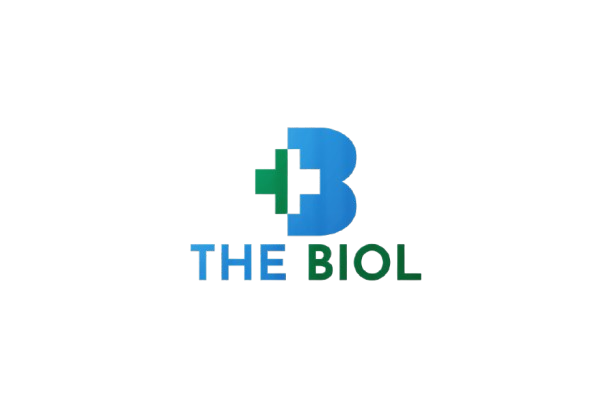Publication Process
Publication Process
Once accepted, a manuscript will be processed for copyediting, language editing, author proofreading, final corrections, pagination, and publication on The Biol website.
The final publication of a contribution is, however, subject to the author(s) paying the article processing charges (APC) and completing the requirements regarding copyright and licensing agreements. For detailed information, please read The Biol article processing charge and copyright and licensing policies. If any discount/waiver for APC is applicable, the author(s) should inform the editorial office of this.
The journal seeks to apply scientific rigor to the study of complementary and alternative medicine (CAM) modalities, particularly traditional Asian healing systems. The Biol emphasizes health outcome, while documenting biological mechanisms of action. The journal is devoted to the advancement of science in the field of basic research, methodology or scientific theory in diverse areas of Biomedical Sciences. The journal does not consider articles on homeopathy.
Research and Publication Ethics
The Biol follows the Core Practices created by the Committee on Publication Ethics (COPE) and the Principles of Transparency and Best Practices in Scholarly Publishing. Authors are expected to uphold the highest standards of research and publication ethics. According to the COPE Best Practice Guidelines, the Biol prioritizes addressing violations or investigating misconduct allegations. For more information, authors should refer to the publisher research and publication ethics policies.
Anyone can report a potential breach of publication ethics at any time, whether before or after publication. Legal advice may be sought during investigations into ethical misconduct allegations if necessary.
Research Ethics
The Biol understands the importance of promoting the highest standards of research. It is committed to adopting rigorous procedures to ensure that research published in this journal is conducted fairly and ethically.
Research involving human subjects
For manuscripts reporting studies involving human subjects, The Biol requires a statement from authors providing the details of the local ethics committee or institutional review board (IRB) that approved the study, including the project identification code and date of approval (or confirmation that such approval is not needed) and/or a statement that how the study conforms to recognized standards (e.g. declaration of Helsinki or US Federal Policy for the Protection of Human Subjects). Any manuscripts describing studies not meeting the acceptable criteria will be returned/rejected.
Patient confidentiality
The Biol requires authors to follow the ICMJE guidelines when reporting on human subjects. Authors must ensure that a patient’s privacy is respected and not violated without consent. Written informed consent must be obtained from patients for publication. Signed consent must be obtained if the material includes detailed patient information about a living individual. Any information that could identify the patient, such as X-rays, MRIs, charts, or photographs, must be removed. Written informed consent is required from any potentially identifiable patient or their legal representative and should be mentioned in the Methods section or Acknowledgements.
Animal experimentation
The Biol expects that animals used in research are treated humanely. The journal encourages authors to follow the 3Rs principles and adhere to animal research reporting standards, such as the ARRIVE guidelines. Authors must confirm that ethical and/or legal approval was obtained before starting the study and provide details of the approving body.
